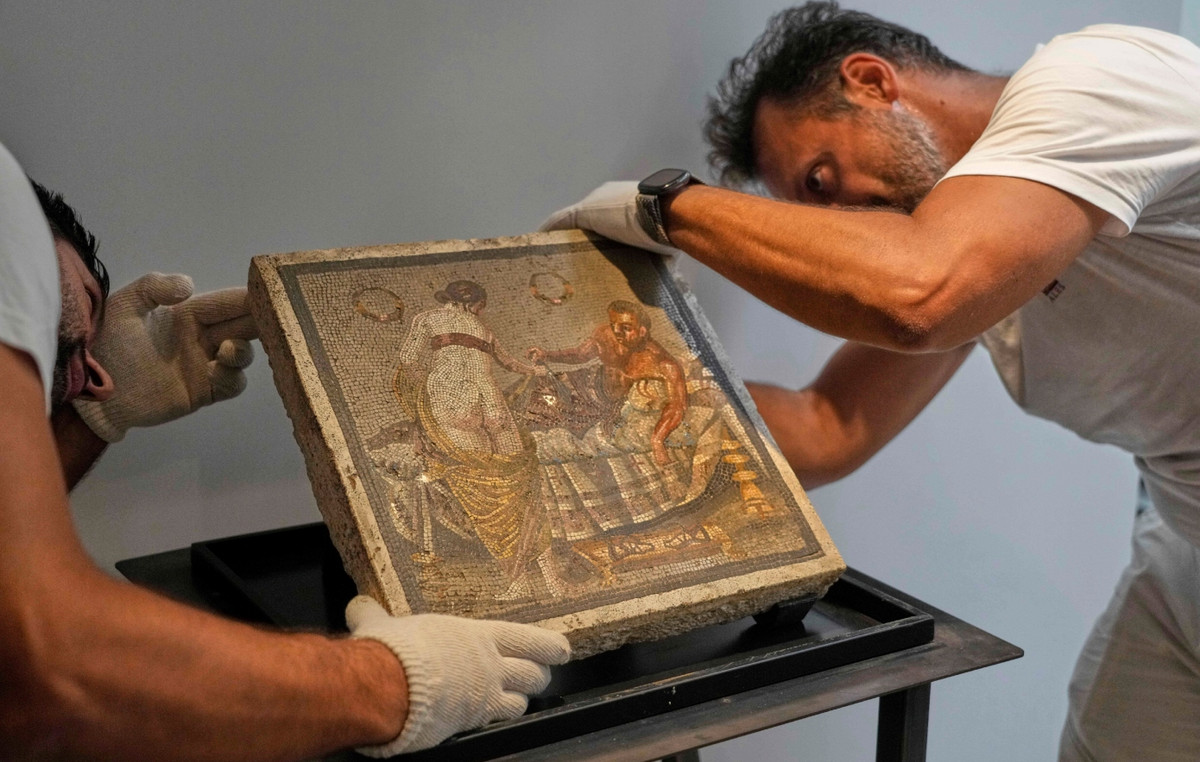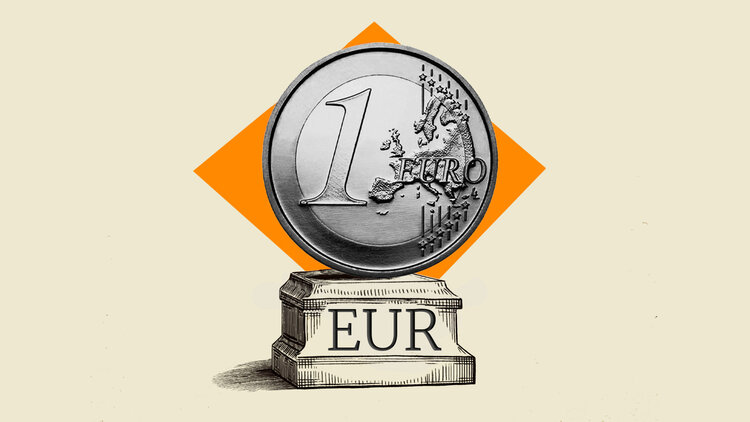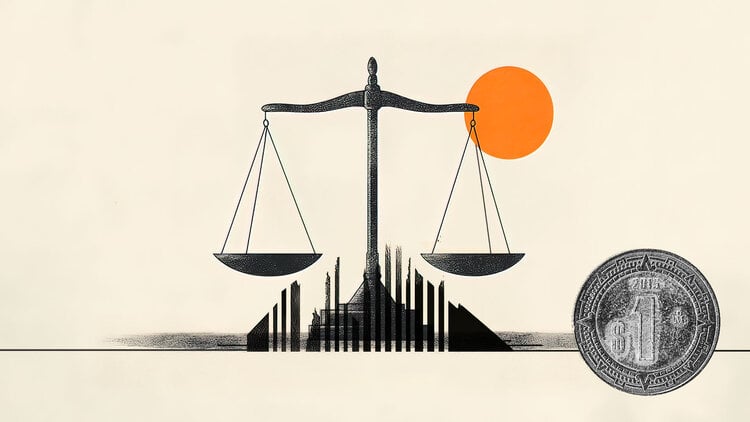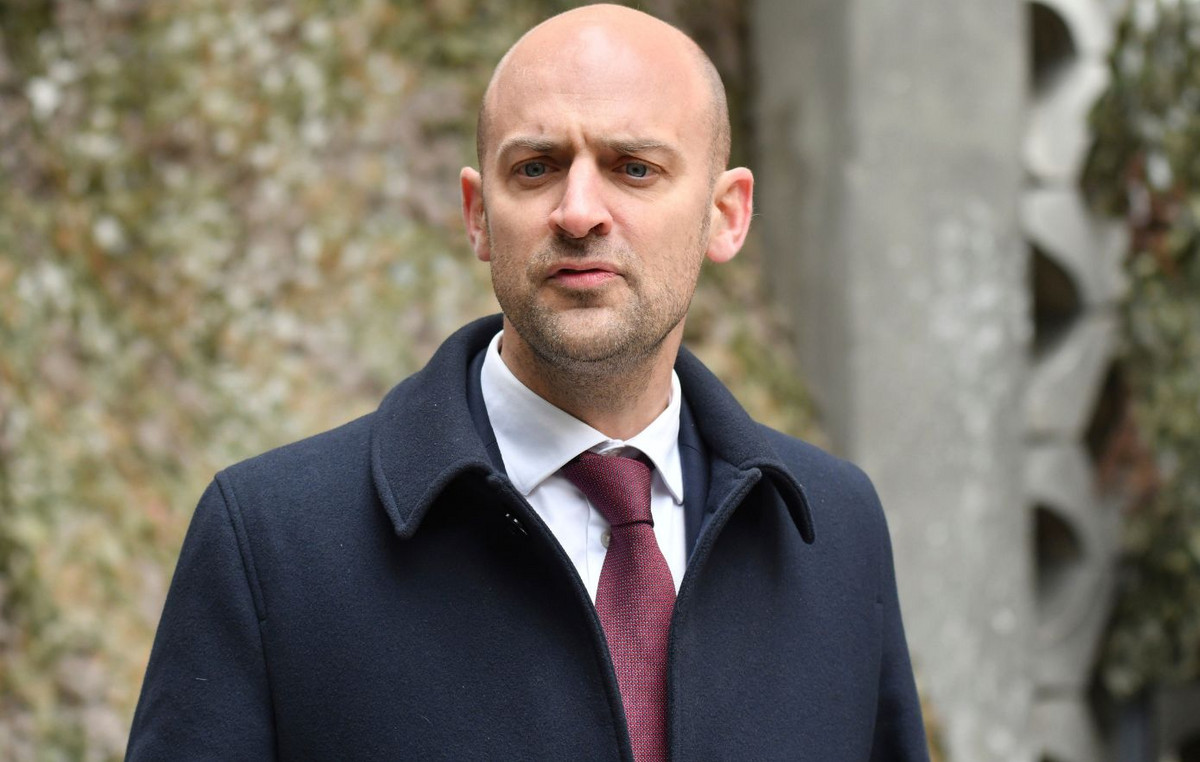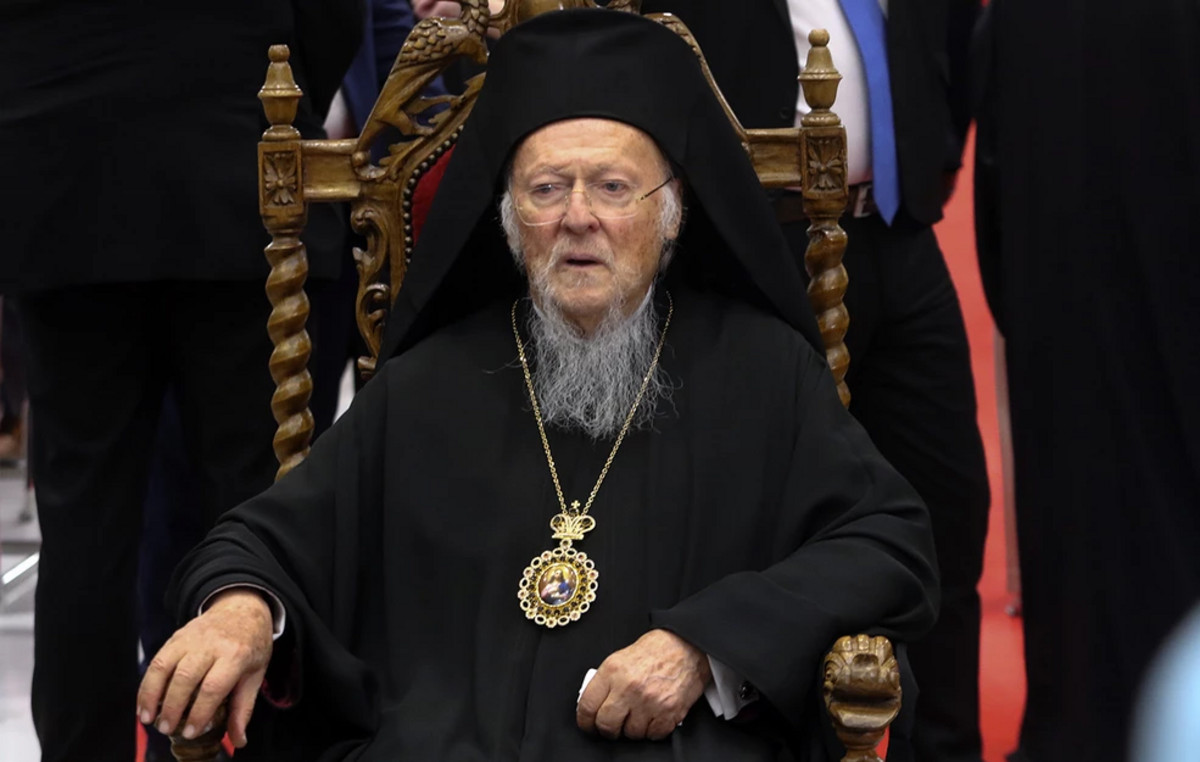Last Thursday (12), the new Minister of Mines and Energy, Adolfo Sachsida, sent to the Minister of Economy, Paulo Guedes, a request to start the necessary studies for the privatization of the Petrobras and PPSA (Pré-Sal Petróleo SA), responsible for marketing the oil and natural gas produced in the pre-salt.
Sachsida took charge of the portfolio three days after Petrobras announced an 8.8% readjustment in the sale price of diesel to distributors.
In an interview with CNN This Thursday (12), Adriano Pires, economist and director of the Brazilian Center for Infrastructure, said that the debate on the privatization of the state-owned company “is more mature”, but it is a long-term project, which should be addressed by the next government – which will be elected next October.
Currently, Petrobras shares are divided between the Union, which owns 36.75%, other Brazilian institutions and individuals, which own 20.46% of the shares, and foreigners, with 42.79%. However, the federal government has control of the company, through 50.5% of the common shares, those that grant their owners the right to vote.
In view of this, the CNN asked the pre-candidates what they think about the privatization of Petrobras. Check out the answers below.
Luiz Inácio Lula da Silva (PT):
Former President Lula is against the privatization of Petrobras. Its sale threatens the country’s energy security and will further increase fuel prices.
Jair Bolsonaro (PL):
The president has not responded at the time of publication.
Ciro Gomes (PDT):
The pre-candidate has not responded at the time of publication.
João Doria (PSDB):
Before discussing the privatization of Petrobras, it is essential for the country to ensure macroeconomic, institutional and political stability. As a result, the impact of the rise in oil prices is no longer exacerbated by the rise in the dollar and may even have the effect of attenuating it.
Another point, besides privatizing the second most profitable oil company in the world, is to guarantee the protection of the poorest population, extending the gas voucher to the most vulnerable and using the additional revenue that the government receives from the high international price of oil to minimize the impact on diesel. In this way, those who suffer most from this increase are protected, with fiscal and environmental responsibility.
André Janones (Avant):
Petrobras was built with the sweat of the Brazilian people. It is a company that does something incredible on the planet: exploration of deep and ultra-deep waters. Example in the oil industry. They’ve already done the unbelievable: selling national fuels at imported product prices to guarantee minority shareholders’ profit at the cost of the people’s sacrifice. Isn’t it enough to sell one of the most expensive gasoline in the world? Now they want another blow: handing over Petrobras to the friends of Paulo Guedes. The country needs to rescue the true nationalism of Getúlio Vargas and Juscelino Kubitscheck, not the surrender of friends of the Government. UNACCEPTABLE. Petrobras is ours and, if it is not exercising its social function in one of the most delicate moments in our history, let’s imagine in the hands of those who only seek profits? We don’t need to privatize, what we need is a competent government with social sensitivity.
Simone Tebet (MDB):
Bringing up the discussion of the privatization of a company like Petrobras at this moment is irresponsible. There are only a few months left until the end of the government. This looks like a “smokescreen”. One more, by the way. Deep down, Bolsonaro would like to intervene in the company like Lula and Dilma did, but he can’t thanks to the State-owned Companies Law, passed in the Temer government.
In any case, it is important to maintain the company’s professional management and governance rules. And before announcing privatization, a frank dialogue with society is essential. Do we need to define why and for what to privatize? In other words, where do the resources go? Privatization only makes sense if the sale proceeds are all directed to society through social policies, whether with the eradication of poverty, with programs that focus on early childhood or popular housing. Society, which owns Petrobras, must participate in this debate. A bravado in a minister’s inaugural speech is not the way to conduct a discussion as relevant and serious as this.
Felipe d’Avila (New):
Those who like state-owned Petrobras are populist politicians. For them, these companies are strategic: they serve as a political bargaining chip and as a tool for manipulating prices and the economy. For the Brazilian, strategic is to keep the populists away from Petrobras’ control. Privatization is the most efficient way to protect the company and Brazilians from these political interests. A private Petrobras would be more efficient and would generate more wealth for the country.
Luciano Bivar (Union Brazil):
Petrobras is a Brazilian asset. Liberalism does not exclude the possibility of state ownership of the means of production, it only requires competition. The state enterprise will always be able to subsist in a liberal economy, as long as it is unprivileged and also as long as it better meets the needs of consumers.
What is lacking is for the government to plan structuring works. If we have a surplus of crude oil production, why don’t we invest in refineries? The Abreu e Lima refinery, for example, refines only 50% of its capacity. Of the 13 Brazilian refineries, half need investments to optimize their results. And the healthier one (Mataripe, in Bahia), the government sold to the Arabs for 1.8 billion, when it is worth more than 4 billion.
As a liberal party, União Brasil advocates a lighter but highly efficient state.
Debate
THE CNN will hold the first presidential debate of 2022. The confrontation between the candidates will be broadcast live on August 6, on TV and on our digital platforms.
Source: CNN Brasil
I am Sophia william, author of World Stock Market. I have a degree in journalism from the University of Missouri and I have worked as a reporter for several news websites. I have a passion for writing and informing people about the latest news and events happening in the world. I strive to be accurate and unbiased in my reporting, and I hope to provide readers with valuable information that they can use to make informed decisions.

